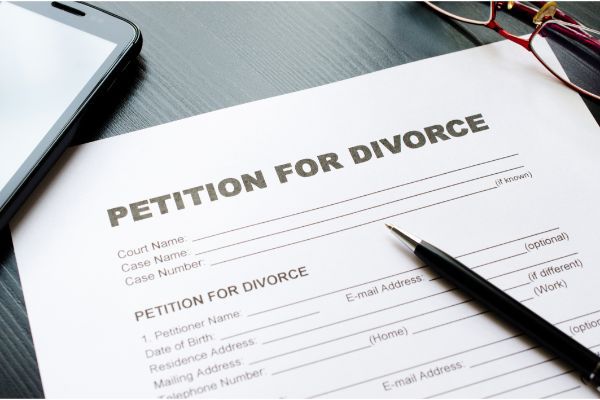Jennifer knew she might have to pay spousal support to her husband, Blake. After all, her income had been much higher than his for most of their 12-year marriage. However, as they negotiated their marital settlement, she couldn’t help but ask her attorney, “How long will I have to pay spousal support to Blake?” The answer to her question depended on a number of factors.
General Reasons the Court May End Spousal Support
In some cases, the court may not order spousal support in the dissolution of a marriage or domestic partnership. Based on the couple’s standard of living or earning capacity, neither spouse may be economically disadvantaged after the divorce.
If spousal support is ordered, the person who is paying (the “payor”) may want to know how long they will be required to pay. Spousal support, also known as domestic support or alimony, may end under the following circumstances:
- A court order or judgment;
- One of the parties dies; or
- The person receiving spousal supporting remarries or registers a domestic partnership.
Many factors play into the question of whether spousal support will be ordered and for how long.
The Length of the Marriage Matters
The California Family Code (the “Code”) contains laws regarding divorce, including spousal support. Section 4320 states that the supported party (the person receiving alimony) is expected to be self-supporting within a reasonable time frame. “Except in the case of a marriage of long duration as described in Section 4336, a “reasonable period of time” for purposes of this section generally shall be one-half the length of the marriage…”
For example, if Jennifer and Blake had been married eight years, Jennifer might be ordered to pay spousal support to Blake for four years. This assumes that the request for spousal support meets all other requirements.
However, a “marriage of long duration” is generally considered to be any marriage over ten years. Unless the parties agree otherwise or a court order terminates support, the court continues to oversee, or retain jurisdiction, indefinitely for marriages of long duration. Because Jennifer and Blake have been married 12 years, their marriage fits the definition of a marriage of long duration.
How Long Will You Pay Spousal Support?
There’s no easy answer here. Whether a party pays spousal support, how much support will be paid, and how long payments last depends on the particular facts of your case. In addition, some decisions are up to the judge’s discretion.
The attorneys at the
Law Offices of Judy L. Burger are experienced at all phases of divorce, legal separation, and annulment. Call us at 415-293-8314 to schedule a private appointment or visit our website. We maintain offices in San Francisco, Beverly Hills, Marin County, Santa Barbara, Ventura/Oxnard, San Diego, San Jose, Gold River (Sacramento), and surrounding communities.





